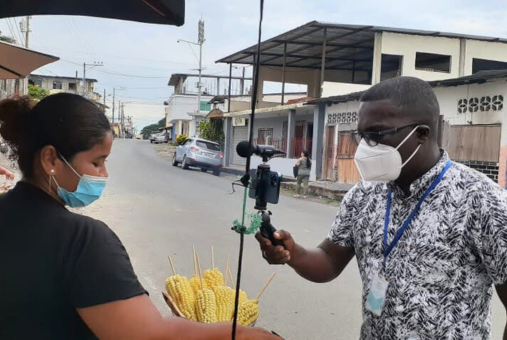
A new report finds many journalists in Ecuador earn below minimum wage. To get by, they juggle side jobs, launch their own media outlets or altogether leave the profession.

More than half of a group of Colombian journalists surveyed consider leaving the profession due to low salaries and job instability. The study also showed that press workers in that country do not see unionization as a way to improve their working conditions.
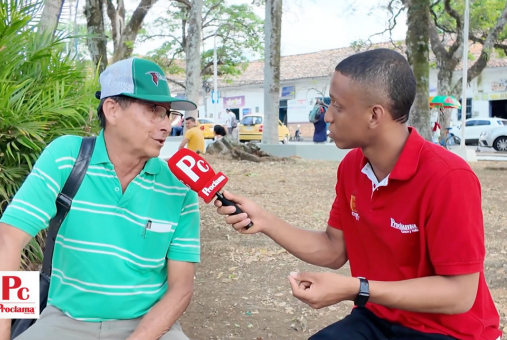
Threats from armed groups, insults from officials and low salaries put local journalism in Colombian in check, according to entities defending press freedom.
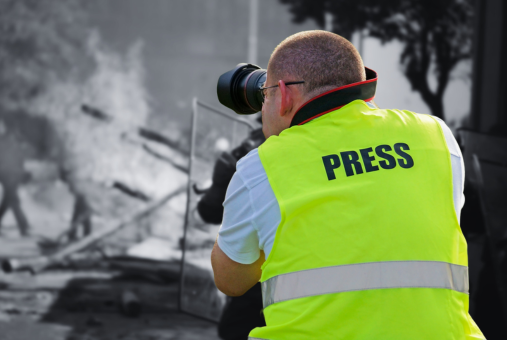
Directors of El Faro (El Salvador) and Confidencial (Nicaragua) pointed to risk assessment, complete trust between editors and reporters, legal defense and psychological support as fundamental elements to preserve the well-being and safety of their teams in the face of harassment, threats and criminalization.
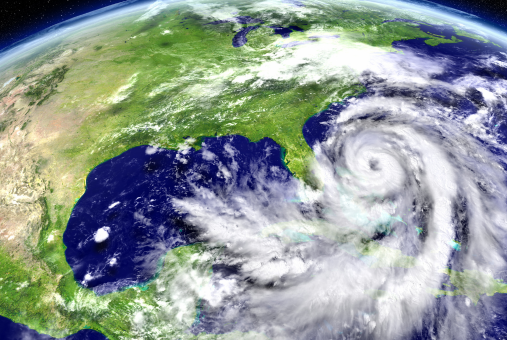
In the face of climate change effects in the Caribbean, journalists covering natural disasters should have mental health checklists detailing what their newsrooms should do before, during and after potentially stressful coverage, says Trinidadian environmental journalist Seigonie Mohammed.
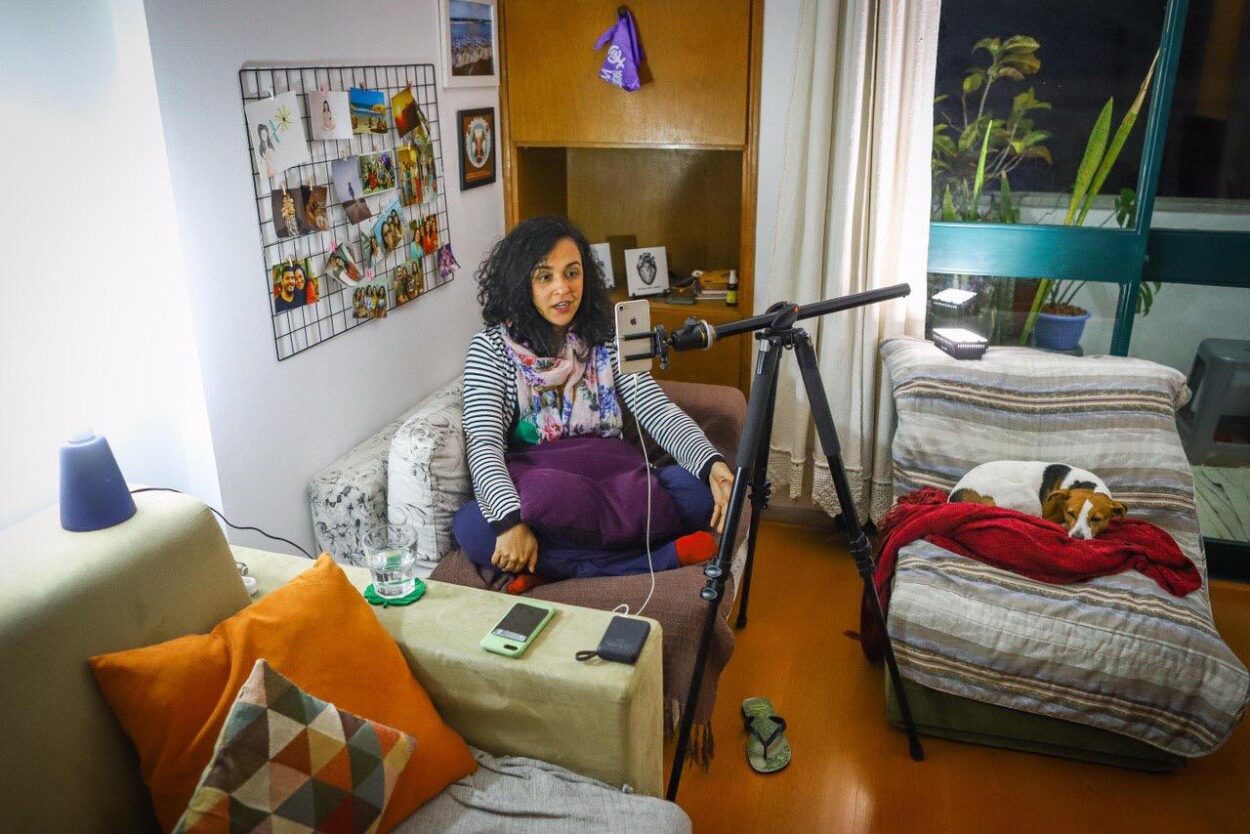
Across Latinamerica, journalists who dedicate themselves exclusively to working as freelancers shared the common problems they face and the methods of survival they developed in a competitive and undervalued market.
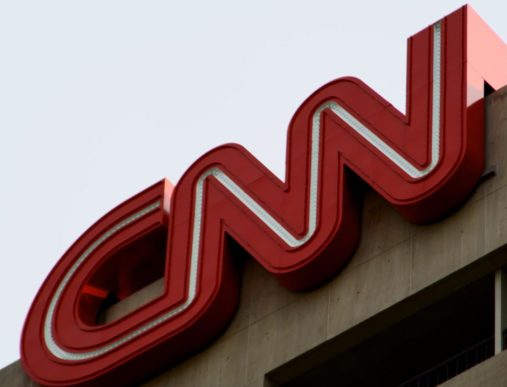
The CNN news network licensed its brand for operation in Brazil starting the second half of 2019. The channel CNN Brasil will be managed by a new media company, according to an announcement made via Twitter.
When you think about the situation of journalists in Mexico, the first image that comes is one of violence. And for good reason. The country is considered the most dangerous in the American continent to practice this profession. In 2017 alone, at least 11 journalists have been recorded as killed for reasons related to their work.
Press workers in Mexico face poor wages, job insecurity and a high risk work environment. "The profession's standing has diminished because people know it's dangerous to be a journalist and, furthermore, it doesn't pay well," said Ariel Muñoz, president of the University of Morelia, in an interview with the Knight Center for Journalism in the Americas.
The National Journalists Union (CONAPE in Spanish) and the Journalists Syndicate of Panama on Tuesday called on the new owners of the newspaper publishing company Editora Panamá América (EPASA) to stop firing journalists, adding that the groups would continue to vigilantly monitor the situation.
After a bomb was thrown at the offices of Channel 9 in the Paraguayan capital of Asunción, the Paraguayan Journalists’ Union (SPP) has said last week’s attack is diverting attention from “unjustified firings, union persecution, black lists,” and violations of worker rights at the station. The union urged the authorities to investigate the station’s management.
Journalists in the northeastern state of Rio Grande do Norte earn a base salary of $525 a month, the lowest in Brazil. They have launched a strong Internet campaign to criticize the decline of the profession in their state, and to demand a salary increase and respect for their human rights, the Portal Imprensa media news site reports.